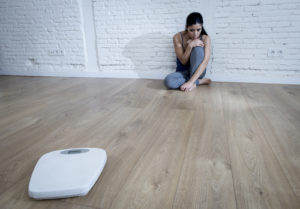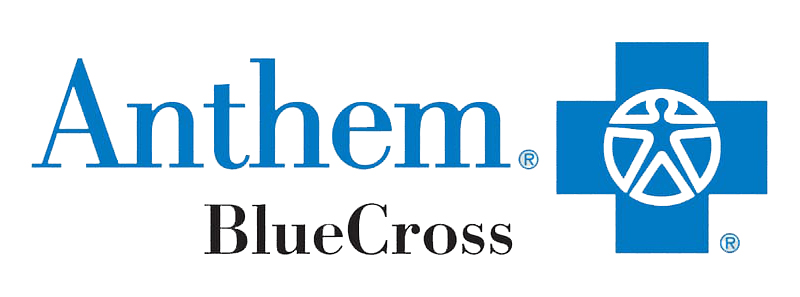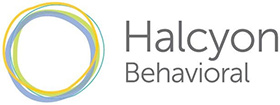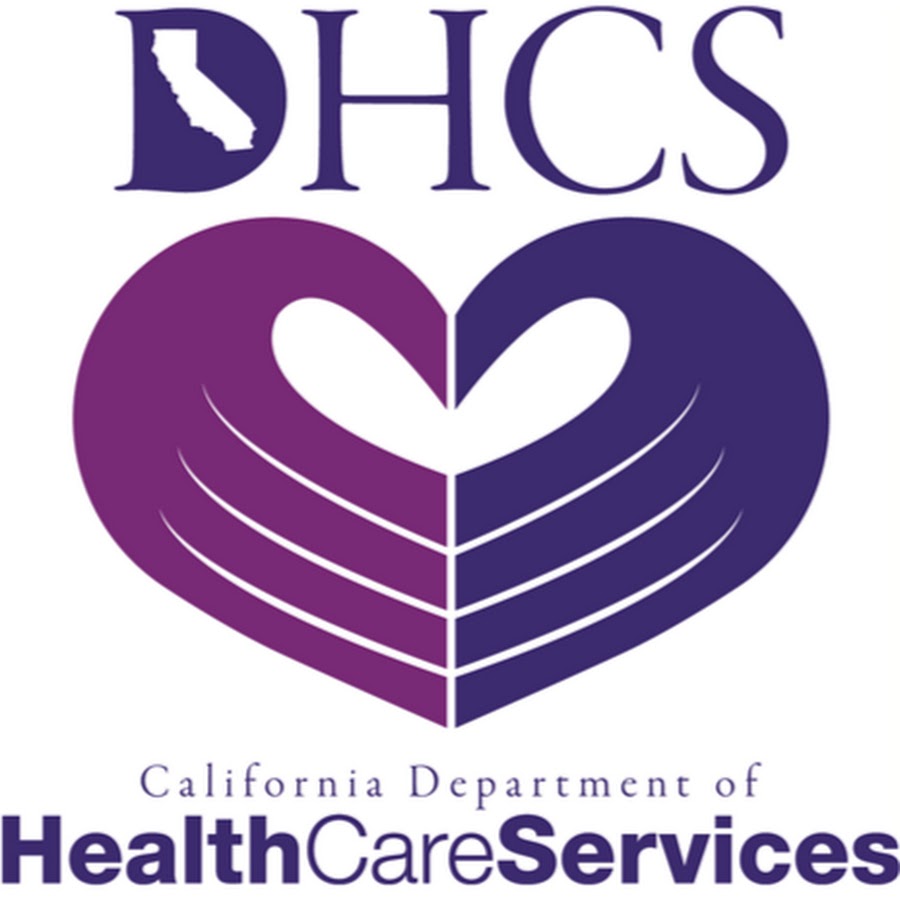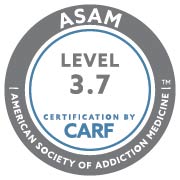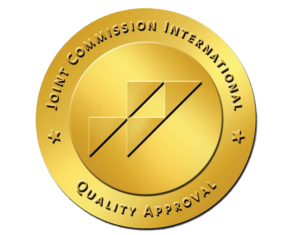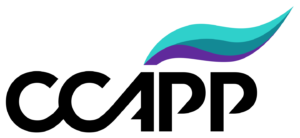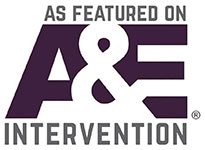Post-traumatic Stress Disorder (PTSD) relates to combat veterans who have struggled through what they experience and witness on and off the field. In recent years, research has shown that other people, including women, can suffer symptoms of PTSD from trauma, neglect, abuse, and other issues in their lives. The complexities of PTSD are endless, as are the challenges they meet when colliding with addiction. The two together form a dangerous duo that requires specialized treatment to support. Whether or not a woman is a veteran is not the main issue. The main issue revolves around how to best treat women who need support for mental and physical health challenges while giving them back dignity and confidence in recovery.  Â
Know the Symptoms
Women are at high risk for PTSD when they have experienced a traumatic event, physical harm, or felt they were threatened in some way. This may be through many means, including an attack, ordeal, or event that caused fear or realized actual harm. Women who experience PTSD are going to have similar challenges with symptoms. These will include reliving traumatic experiences in thoughts and memories, hallucinations, and nightmares of the traumatic events. Other symptoms include increased arousal or hypervigilance, irritability, bursts of anger, high blood pressure, muscle tension, nausea, negative moods, and avoidance of people, places, or situations that may trigger challenges. Women will experience it all different in their bodies and minds. However, the symptoms are similar across the board and need to be assessed, then addressed, in order to help women heal from PTSD and addiction.
Know the Facts
The lifetime prevalence of PTSD is relatively low, but still high enough to impact a tenth of the population of women who experience trauma and other issues. Women are at higher risk to develop the disorder than men due to how they compartmentalize trauma and abuse. PTSD lasts longer symptomatically and women may struggle more with chronic PTSD symptoms. Lingering questions remain around why women experience more PTSD than men but there are also issues of sexual abuse and assault that may occur with more frequency to women than men, though it does occur. The types of trauma they experience and how they deal with it differently. The disorder may be diagnosed more in women because of how it is defined. Cognitive and emotional responses to events make the diagnosis of PTSD more likely. The same emotional response will change person to person but women, overall, might be more emotionally harmed by trauma than men who may experience more physical manifestations of traumatic events.
Coping Strategies
Coping strategies are helpful for women who struggle with symptoms of PTSD and trauma. Anxiety, depression, numbness, and agoraphobia are all issues women can experience. Those who live with symptoms of PTSD find it hard to go out in public spaces, be around people, get triggered more easily, and have a harder time focusing on tasks. When conditions are diagnosed properly, the likelihood of recovery from addiction goes up. Treatment for these conditions is not a cure. Rather, it is an opportunity to experience community and hope in recovery.Â
How Treatment Supports Healing
Treatment is not going to cure PTSD or take it away. Substance use will always be part of a person’s life, even if they are sober. This affects their minds and bodies, and their attitudes towards life. Don’t let the stigma surrounding PTSD and addiction interfere with getting help. If a loved one suffers from this, it means they are struggling and need help. With addiction, the dual diagnosis treatment required should be provided with tools and resources aimed at their specific needs. Generalized programs don’t work well for survivors of PTSD. Treatment and recovery are possible with the right support. Community groups are a great way to engage with others who have similar symptoms and are able to provide the connection they want to know they are not alone.
Where to Go From Here
Moving forward with PTSD and addiction is not easy. It requires a village to come alongside a woman. Trauma is hard enough to overcome, along with addiction, then add in PTSD and it becomes a huge melting pot of things to conquer. Women often struggle with emotional resilience because of so many diagnoses. Anyone with multiple mental health concerns, addiction, and physical ailments will need critical resources and treatment. Detox is usually helpful, followed by treatment, then addiction support in aftercare. This might mean sober living or transitional housing and supportive community groups. Women, like men, also need fun. They need to play, go out, experience life again and just find joy. The space and capacity for joy are minimal at first, it seems, because of the focus on recovery. With the right treatment, a woman can find treatment options that will help her go out in public without feeling too triggered and eventually find fun and joy in her life again. Going forward is not easy but it is necessary and it will build a person’s confidence that they can heal for a long time to come.Â
Casa Capri gives women space to deal with their past issues and be vulnerable to other women. We don’t force anyone to do what is not comfortable but we hope women who come here will feel safe and heard. If you want a space to go in recovery that feels safe, call Casa Capri today: 844-593-8020




